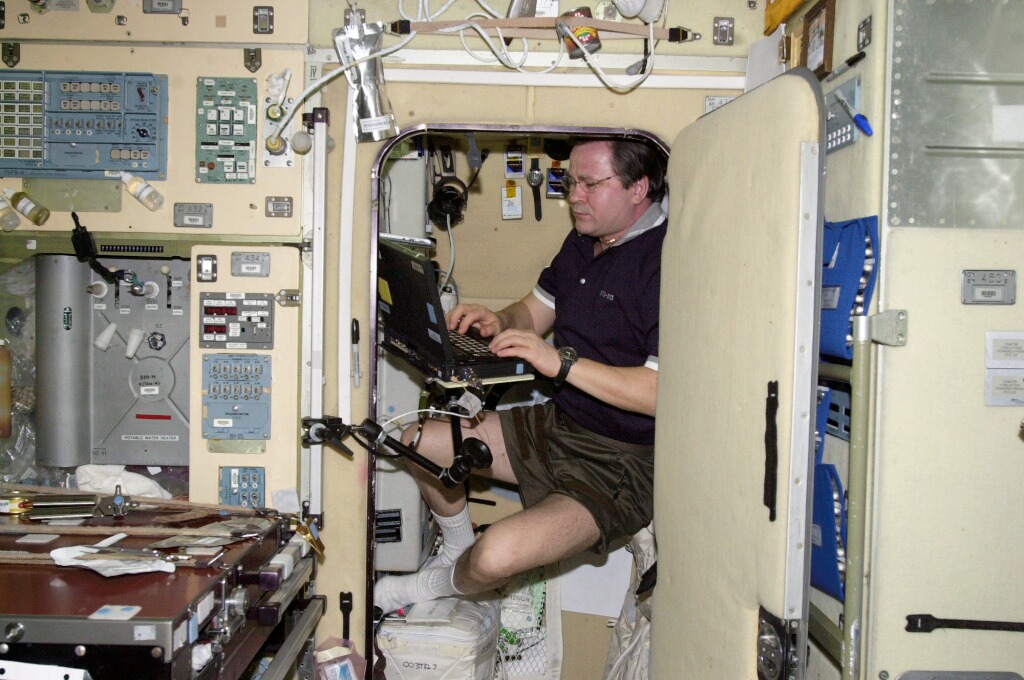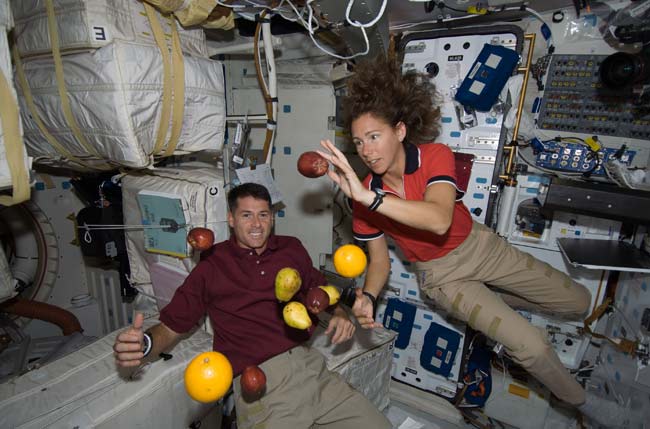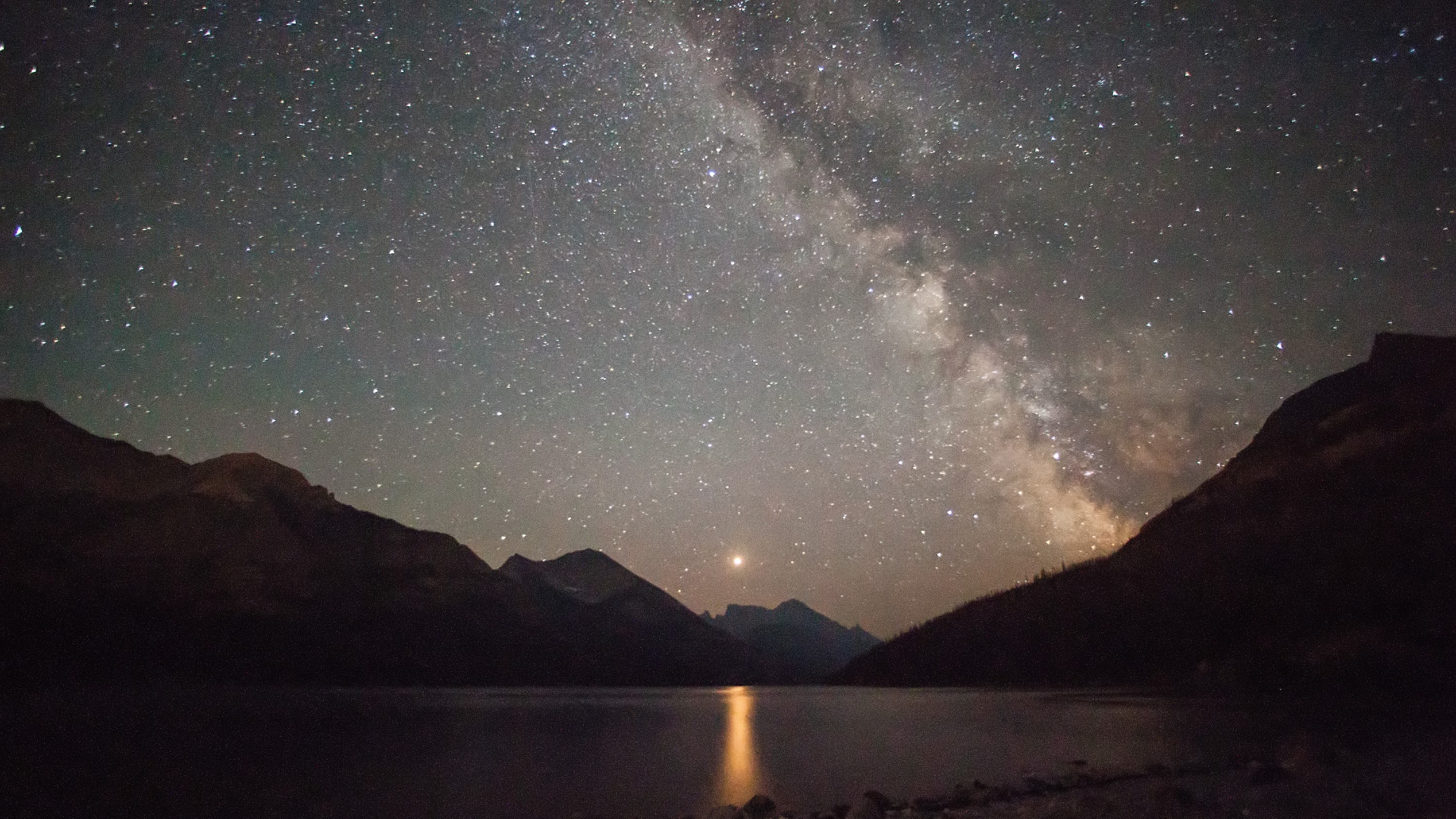Astronauts Are Sleep-Deprived in Space

Astronauts don't get enough sleep on orbit, a new study reveals.
Researchers discovered that 64 astronauts on board 80 space shuttle missions, and 21 astronauts on the International Space Station slept for just six hours per night on average, even though their schedules called for 8.5 hours of slumber.
"The study provided us valuable data and insights into incidence and severity of sleep deficiencies in space, and has driven the development of countermeasure approaches that are already being tested aboard the space station," Bill Paloski, manager of NASA's human research program, said in a statement.
NASA is already attempting to fix the problem and will continue to monitor astronauts for any ill effects, officials added.
"Efforts are planned to understand more fully the spaceflight environment and the role that other factors may play in reducing or promoting sleep," said Lauren Leveton, NASA element scientist for behavioral health and performance in the human research program.
Such efforts include looking at workload, sensory stimulation and stresses for astronauts, Leveton added.
Scientists have long known that astronauts suffer from sleep deprivation on space missions, but the new study provides more specifics than before.
Breaking space news, the latest updates on rocket launches, skywatching events and more!
The results should not only aid astronauts, but should also help people combat fatigue here on Earth, officials said. For example, the lessons learned could help long-haul truck drivers, airline pilots and surgeons stay sharp for extended stretches on the job.
The agency is also looking at making physical changes to the space station, such as installing new light bulbs that would be easier on the astronauts' circadian rhythms — the 24-hour cycle that regulates many body processes, including sleep patterns. These bulbs would help by shining different wavelengths of light later in the day, approximating what happens as dusk approaches on Earth.
The new study is detailed in the latest edition of The Lancet Neurology journal.
Follow Elizabeth Howell @howellspace, or Space.com @Spacedotcom. We're also on Facebook and Google+. Originally published on Space.com.

Elizabeth Howell (she/her), Ph.D., was a staff writer in the spaceflight channel between 2022 and 2024 specializing in Canadian space news. She was contributing writer for Space.com for 10 years from 2012 to 2024. Elizabeth's reporting includes multiple exclusives with the White House, leading world coverage about a lost-and-found space tomato on the International Space Station, witnessing five human spaceflight launches on two continents, flying parabolic, working inside a spacesuit, and participating in a simulated Mars mission. Her latest book, "Why Am I Taller?" (ECW Press, 2022) is co-written with astronaut Dave Williams.

